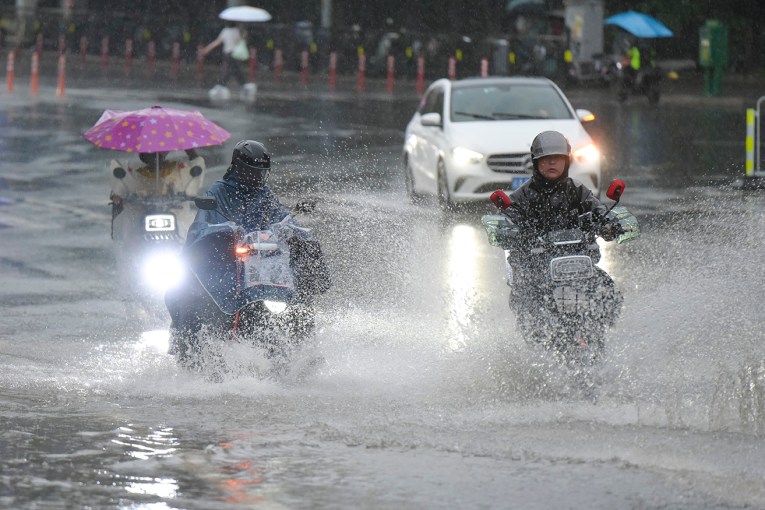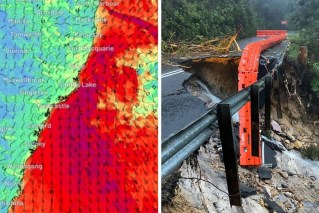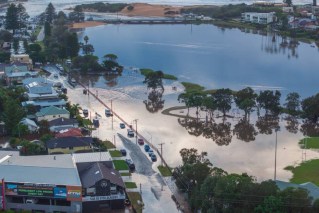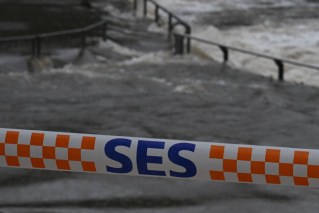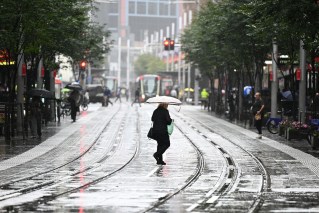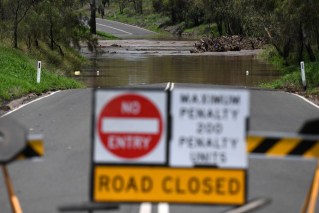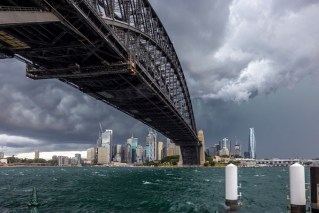Summers get longer as Australia warms more than the rest of the world

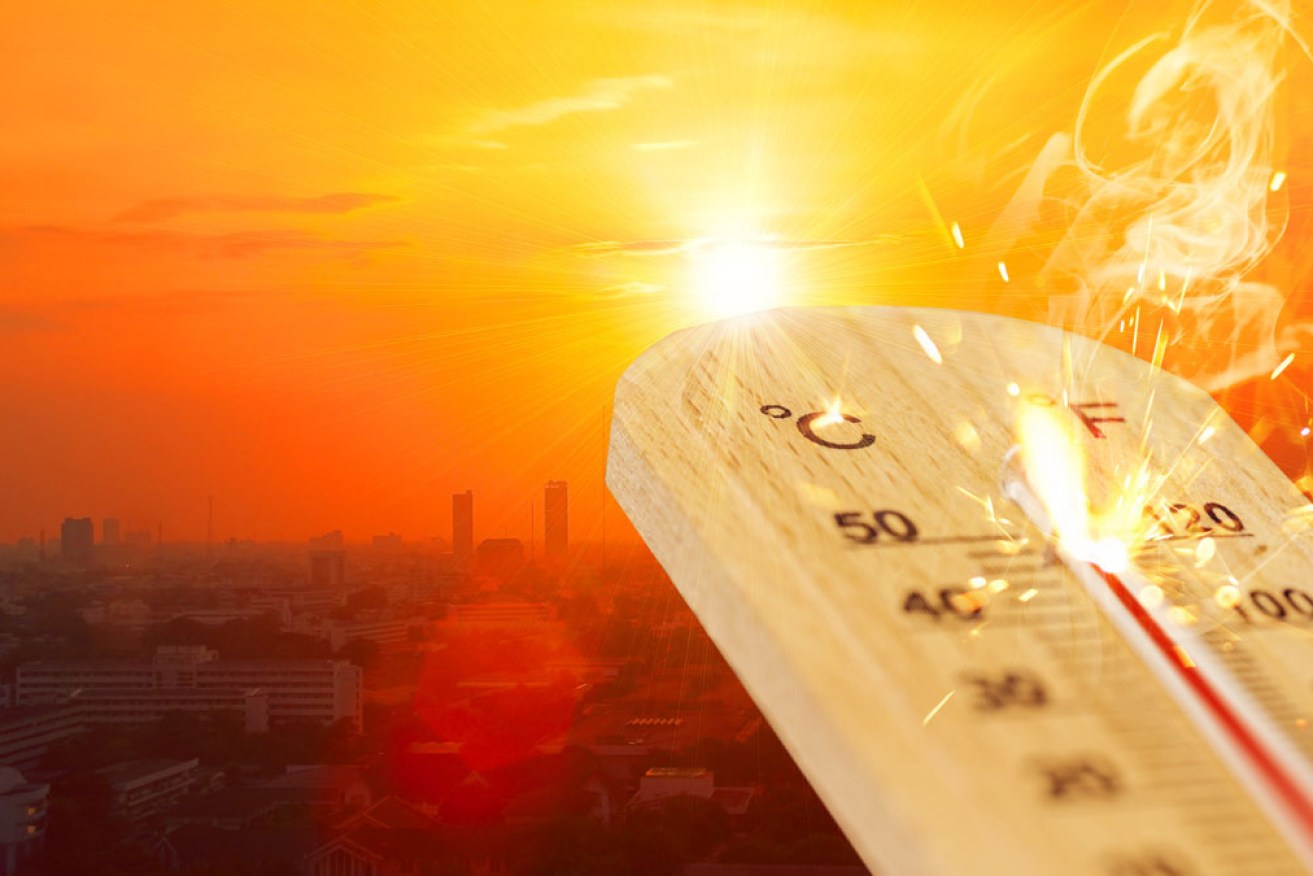
A summer hot spell is fuelling bushfire fears, with total fire bans declared for large swathes of southern Australia including several northern Victorian regions on Monday. Photo: Getty
Australia’s temperatures are increasing more than the global average, the nation’s weather bureau says.
Bureau of Meteorology head of climate monitoring Karl Braganza said Australia had warmed by about 1.4 degrees while the rest of the world had increased by 1.1 degree.
“Australia warms slightly more than the global average,” Dr Braganza told a Senate estimates committee in Canberra on Monday.
When temperatures across the rest of the world increased by an average of 3.4 degrees – as estimated in a recent report – Australia is projected to be closer to 4 degrees, he said.
BOM chief Andrew Johnson said Australia was expected to become drier and warmer – conditions that would bring further increased risks of severe fire weather.

The sky over Mallacoota, in East Gippsland, at the height of this summer’s bushfires.
It comes as an independent analysis of weather data shows Australian summers are getting longer and winters shorter.
The Australia Institute studied BOM data for Australian cities from 1999-2018, comparing it to to weather records from 1950-1969.
It found all Australian capital cities had longer summers and shorter winters, with summer 31 days longer and winter three weeks shorter than in the 1950s and 1960s.
In regional areas the trend was even more pronounced – including the NSW town of Port Macquarie, on the Mid-North Coast.
“Summers in Port Macquarie have increased by 48 days, while the catastrophic 2019 fires near Port Macquarie occurred before summer as defined by the calendar, but well within the new summer as caused by climate change,” the report summarised.
The think-tank is calling on the federal government to boost its emissions reduction plan to prevent more climate change related warming.
Australia Institute climate and energy director Richie Merzian said more extreme heat events put the public at risk and hurt the economy.
“The Australian government’s current emission reduction targets are aligned with three to four degrees of warming,” he said.
“Which leaves young Australians having ever-lengthening summers with significant consequences.”
The federal government has committed to the Paris agreement, which aims for a 26 to 28 per cent reduction on 2005 greenhouse gas emissions levels by 2030.
The agreement also includes a pact to achieve net zero emissions in the second half of the century.
Labor has committed to net zero emissions by 2050, but hasn’t revealed if its 2030 goal would be more ambitious than the Paris target.
-with AAP
